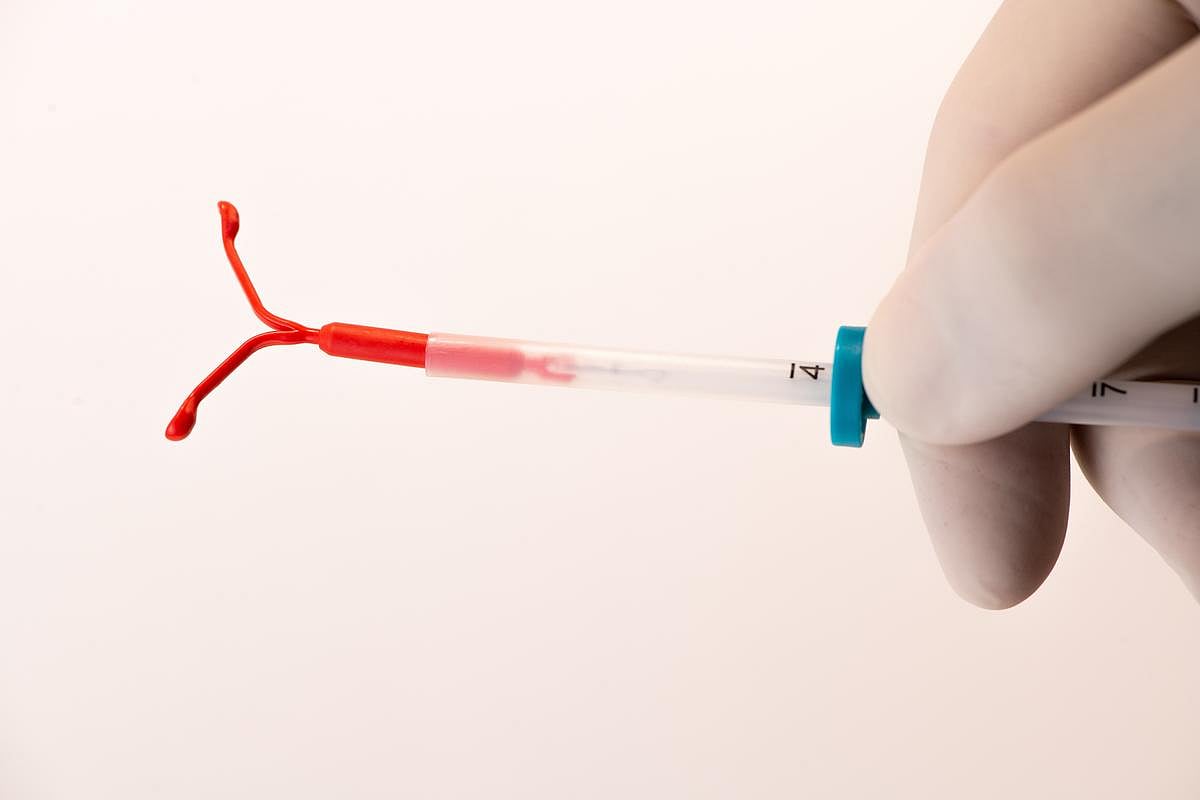Get Healthy!

- Robin Foster
- Posted October 18, 2024
Some IUDs May Raise The Odds for Breast Cancer, But Overall Risk Remains Low
Intrauterine devices (IUDs) may raise the chances of a breast cancer diagnosis for women who use the hormonal birth control method, but that risk remains low, new research finds.
In the study of 150,000 Danish women, published this week in the Journal of the American Medical Association, researchers discovered there was a 40% higher risk of breast cancer among women who used IUDs, although the absolute risk remained low. The increase meant there were 14 additional breast cancer diagnoses for every 10,000 women, although that risk did not increase with duration of IUD use, the researchers noted.
Experts said that women using an IUD shouldn't be alarmed by the new findings.
“It’s normal for people to see studies like this and feel panicked or worried, because an increase in risk of developing any kind of cancer is worrisome,” Kelsey Hampton, director of mission communications and education for the Susan G. Komen Breast Cancer Foundation, told CNN.
“We don’t want people to see this data and feel fear,” Hampton added. “We want them to know that this is just more evidence and more information that they can use to have an educated conversation with their doctor.”
Another expert was even more emphatic.
The benefits of IUD use far outweigh the risks, Dr. Eleanor Bimla Schwarz, a professor of medicine at the University of California, San Francisco, told CNN, and the new study shouldn’t change the way women think about their contraception choices.
“It reports a very small, one-in-a-thousand risk of being diagnosed with breast cancer, which is not the same as dying of breast cancer,” said Schwarz, who is also chief of general internal medicine at the San Francisco General Hospital. “That risk is really lower than many other everyday risks that women frequently take that have an impact on their breast cancer risk.”
Earlier research has unearthed similar links between hormonal birth control and breast cancer, CNN reported, and the findings are on par with the increased breast cancer risk seen with oral contraceptive pills.
According to data from the U.S. Centers for Disease Control and Prevention, more than 10% of U.S. women between the ages of 15 and 49 use an IUD or other form of long-acting reversible contraception, while about 14% use the pill.
Meanwhile, a report published this month by the American Cancer Society showed that breast cancer deaths in the United States have been falling -- but new diagnoses have been rising faster among women under the age of 50.
That emphasizes the need for conversations about breast cancer risk to start early, Hampton said.
“When you’re making health care decisions, such as choosing what kind of birth control is right for you, that is a great opportunity to talk about your greater breast cancer risk at large,” she explained.
Schwarz noted the goal is "for people to make informed decisions and not to be scared out of considering things that might be good for you. Especially in states that don’t have access to abortion services right now, the last thing we want is for somebody to be scared of using an IUD and go have a permanent [sterilization] surgery and then regret it.”
More information
Yale Medicine has more on IUDs.
SOURCE: Journal of the American Medical Association, Oct. 16, 2024; CNN








